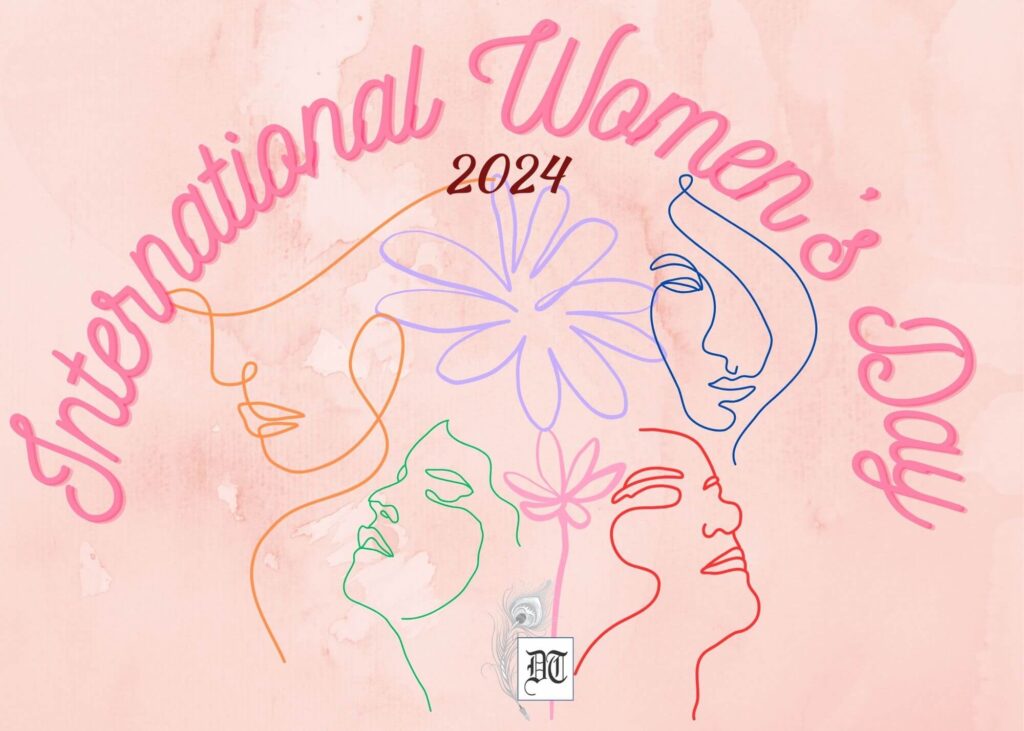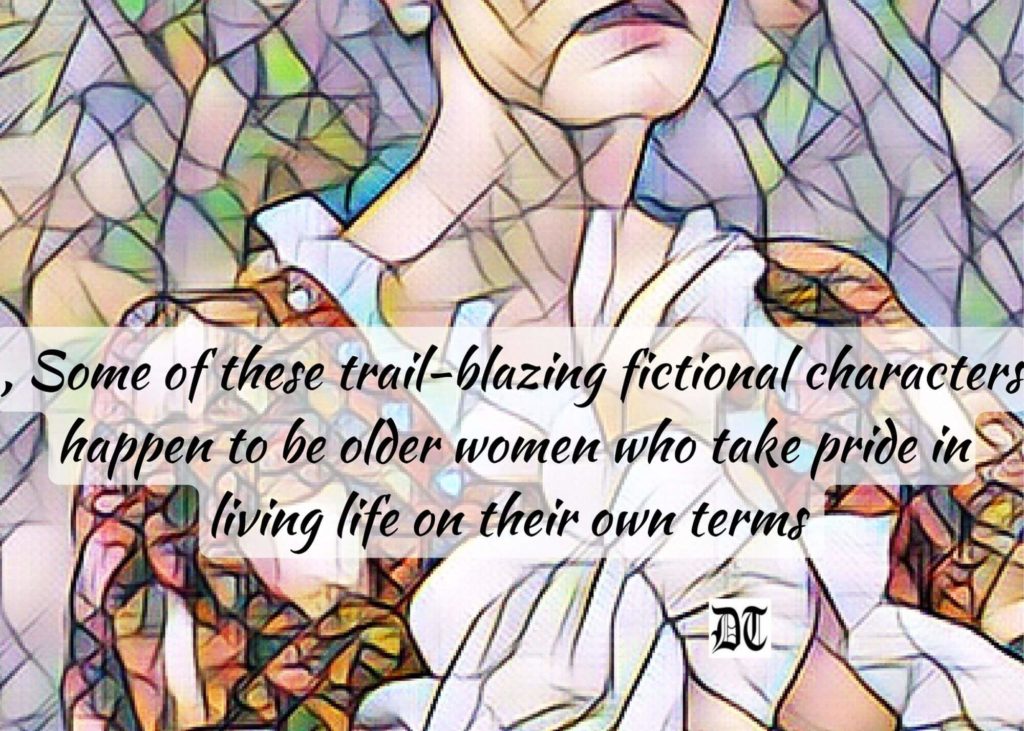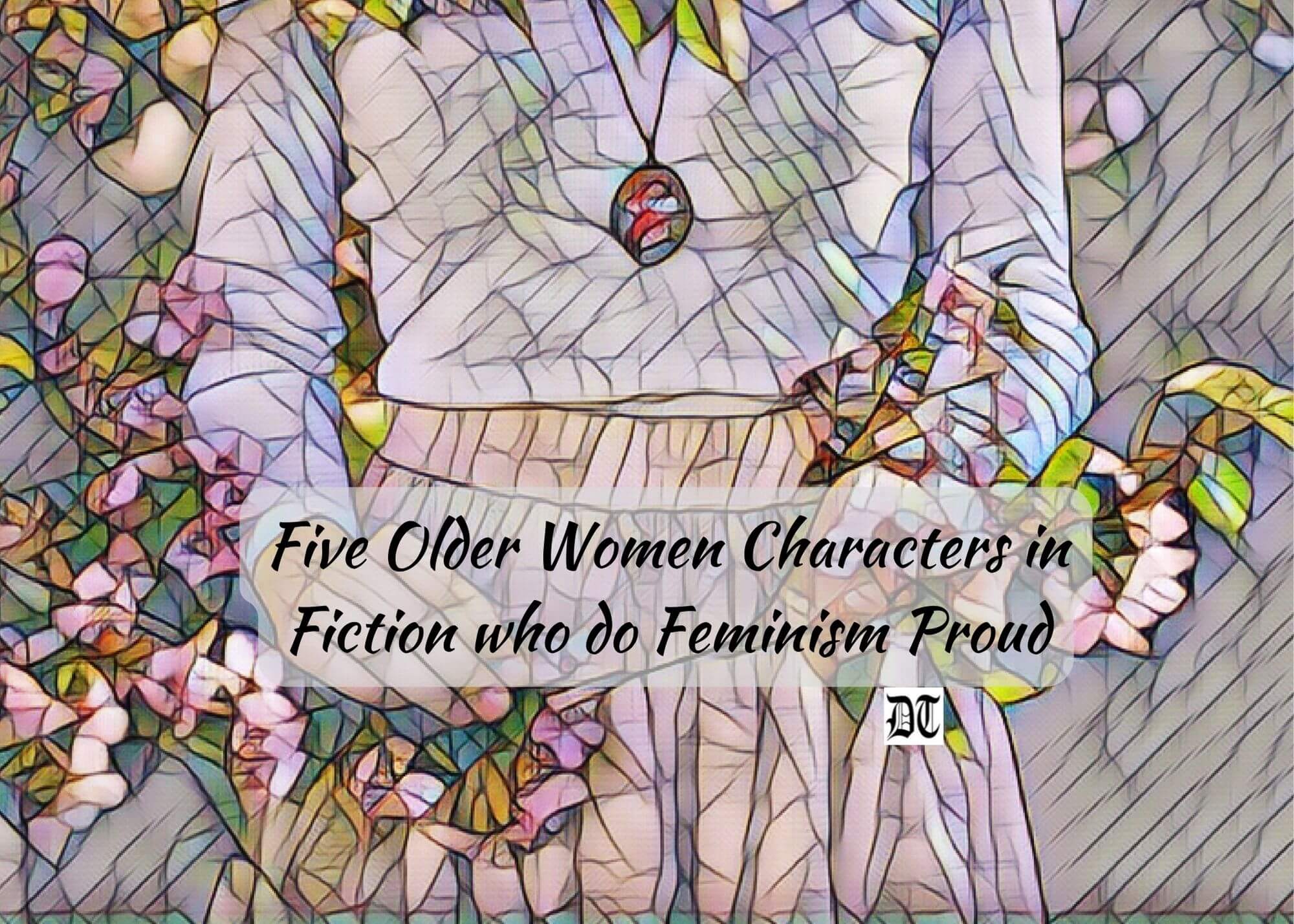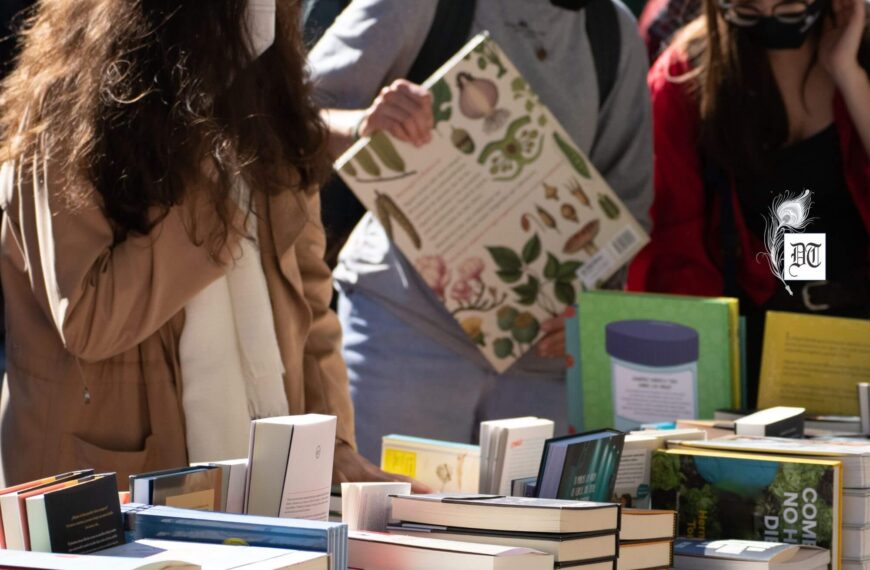Rita remembers five older women characters in fiction, who are strong feminist characters, as part of the special feature on International Women’s Day (IWD), exclusively for Different Truths.

Books are instrumental in shaping us into the people we become, and the best part is that they never leave us. They continue to help us evolve throughout our lives. In addition to inspiring me to follow my dream and to believe in my strength and ability, books have introduced me to positive female characters, who have become enduring role models. What’s more, some of these trail-blazing fictional characters happen to be older women who take pride in living life on their terms and making their niche in a patriarchal society, just like these fabulous five.
Miss Havisham (Great Expectations, Charles Dickens) is one of Dickens’s most memorable fictional characters. While she is often seen as a character with negative shades or as a woman suffering from mental illness, Miss Havisham is a feminist. She has a reason for her eccentric behaviour: a man she had loved and trusted had betrayed her. The tragedy of her life, as well as the negative effect she has on Estella, is a criticism of the narrow expectations and restricted role of women in Victorian society. But like a true feminist, Miss Havisham doesn’t accept the wrong done to her meekly. An equal to her male counterparts in terms of financial clout and influence, Miss Havisham wreaks havoc on the very society that wronged her through Estella, ensuring she manipulates all the power in her equation with society.
Miss Jane Marple (Various, Agatha Christie) fits the old spinster stereotype to a T while spinning the nosy, judgemental old lady trope right on its head. The ease with which she observes the people in her tiny village, deftly identifying character traits and using that in-depth knowledge of human nature and its frailties to pick up on clues and intrigue, makes her a uniquely feminist character at a time when fictional detectives were mostly men. What’s more, Miss Marple is not a pushover, despite her gentle demeanour and genteel manners. She tackles blustering policemen and hardened criminals with equal élan, and she ensures criminals who cross her path get their due punishment.

Mrs. Dalloway (Mrs. Dalloway, Virginia Woolf) appears to have lived an unsatisfying traditional role, having married Richard, reared children, and hosted parties all her life. What makes her character interesting is her conflicting viewpoints on love; she cherishes her pure love for Sally Seton and their strong bond, which was initially forged over rejecting the ideals of marriage in a dynamic that Mrs. Dalloway feels can only exist between women. While Clarissa experiences one ecstatic moment in her kiss with Sally, her attitude toward marriage at the beginning of the novel reiterates her inability to break free from the social restrictions imposed on women. While Clarissa is unwilling to explore her unorthodox sexuality and is unable to let go of the socially sanctioned security of a stable marriage, she has the makings of a social outsider.
Mrs. Moore (Passage to India, E. M. Forster) offers an alternative voice to the intolerance of the British Colony in Chandrapore. Hers is a calm influence, a voice of reason and tolerance—an insider but one who represents a different viewpoint and a different set of values. She states she is tired of serving her children and answering their questions and is frustrated with the increasing physical limitations she experiences. Unlike women of her generation, she does not want to be venerated or seen as the respected voice of experience. A strong woman who has her own set of values and is not afraid to voice them, Mrs. Moore is a feminist in an era when men made the rules.
Professor Minerva McGonagall (Harry Potter series, J. K. Rowling) is a woman who doesn’t back down to anyone, no matter who they are or what they demand. When Dolores Umbridge assumes control of Hogwarts, it is Professor McGonagall who is the only one to take a stand against her, successfully defending her beliefs and standing up for her students. While Hermione is widely acknowledged as a strong woman character who never plays down her intelligence, the older Professor McGonagall does not get her due share of attention. She is sassy, strict when required, and fair in her interactions with her students—the perfect role model and teacher any wizard or even a Muggle could wish for.
Picture design Anumita Roy







 By
By
 By
By
 By
By